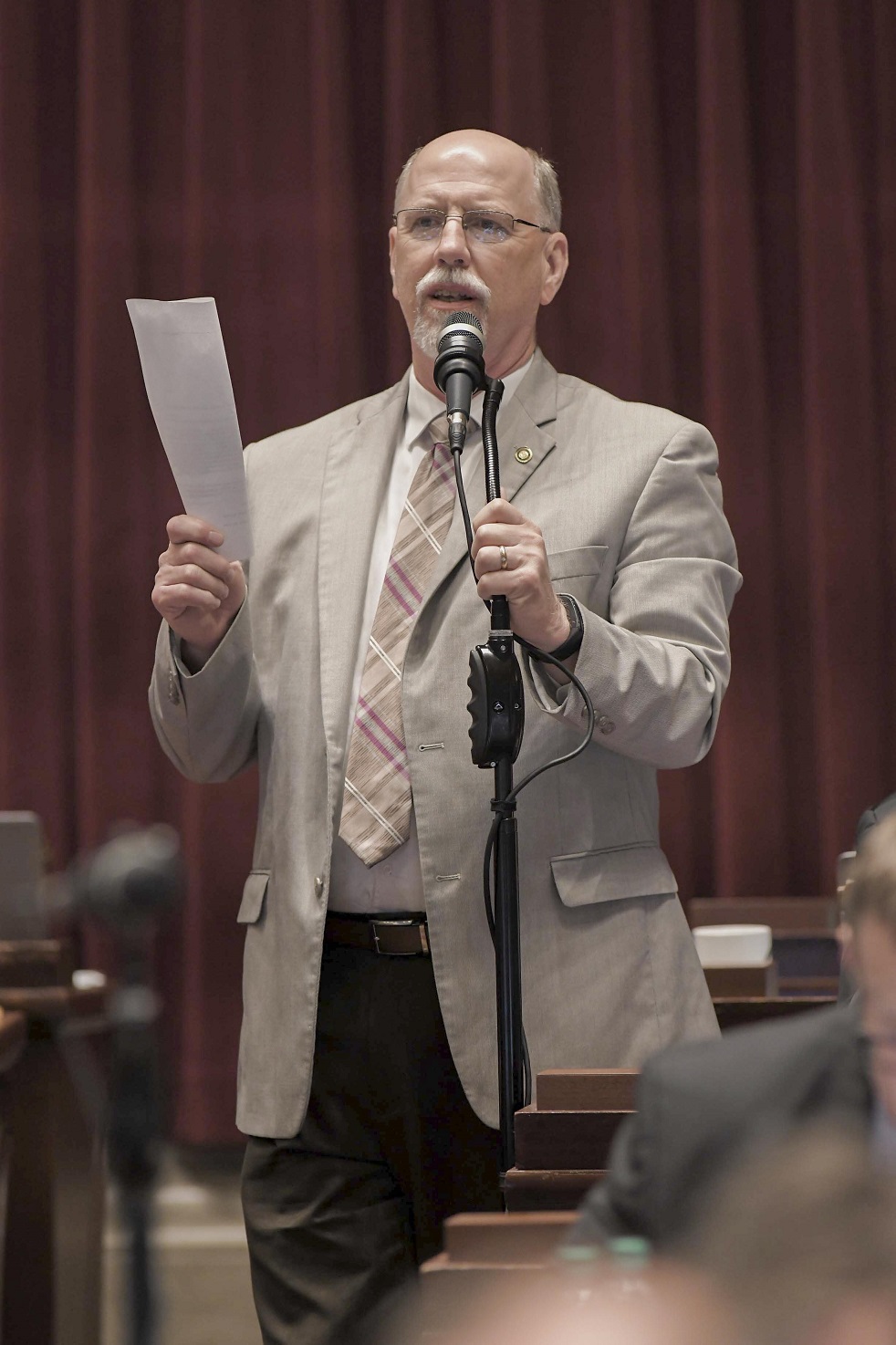The House has taken a vote members hope will help stop a potentially deadly form of celebration before it claims more lives and damages more property.

Kansas City Police report that guns were fired into the air more than 1,100 times late on New Year’s Eve and early on New Year’s Day. This was a decrease of about 500 rounds, according to the Department’s tracking system, but it still left two people wounded and 11 properties with damage; one of those, a police vehicle.
Kansas City has been the center of attention for “celebratory gunfire” for years, particularly since 2011. It was on Independence Day of that year that Blair Shanahan Lane was struck in the neck by a bullet fired into the air by a partier more than half a mile away. She died the next day.
The man who fired the bullet that killed Blair pleaded guilty to involuntary manslaughter and served 18 months in prison. House Bill 1696 would have allowed prosecutors to add time to his sentence; up to 7 years in prison if it was a third offense.
HB 1696 includes a change bearing her name, “Blair’s Law.” It is sponsored by Representative Roger Reedy (R-Windsor).
“This is a very important bill. The family of [Blair Shanahan Lane] has been here many years trying to get bill passed,” Reedy told his fellow representatives.
This was Reedy’s second year carrying the legislation. Last year it ran out of time in the Senate, in part, after a number of amendments were attached to it. This year’s version deals with only one other issue, and is therefore expected to have a much better chance at reaching the governor.
Another lawmaker who has worked on Blair’s Law is Kansas City Democrat Mark Sharp, who was glad to see the concerted effort to move it forward after previous attempts have ended in frustration.
He noted that the language of Blair’s Law has been amended to two other bills that have also been sent to the Senate.
Reedy joined Sharp and a handful of other lawmakers who have worked on Blair’s Law since 2011, each time seeing their efforts frustrated. Another of them is Rory Rowland (D-Kansas City), who worked for several years on the issue. He told Reedy, “You have done nothing but an absolutely stellar job and I cannot say enough good things on the floor today and I just want to wish you Godspeed with this.”
Last Thursday Rowland announced he was resigning his House seat, having just been elected mayor of Independence. He left with optimism that more legislators would continue working to get Blair’s Law passed. He ended his comments to Reedy with an emotional plea, “Please get it done.”
Reedy’s proposal specifies that a person is guilty of the unlawful use of a weapon if they fire it, with criminal negligence, within or into the limits of a municipality. The first offense would be a class-A misdemeanor, with third and subsequent offences being class-D felonies.
The bill would also allow a firearm to be discharged from a stationary vehicle as authorized under the Missouri Wildlife Code. This provision is intended to allow farm and ranch owners to shoot animals that would threaten their livestock without facing a felony charge.
The House voted 131-0 to send that proposal to the Senate.









